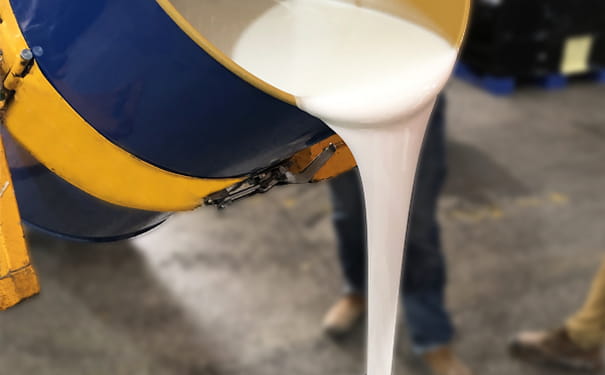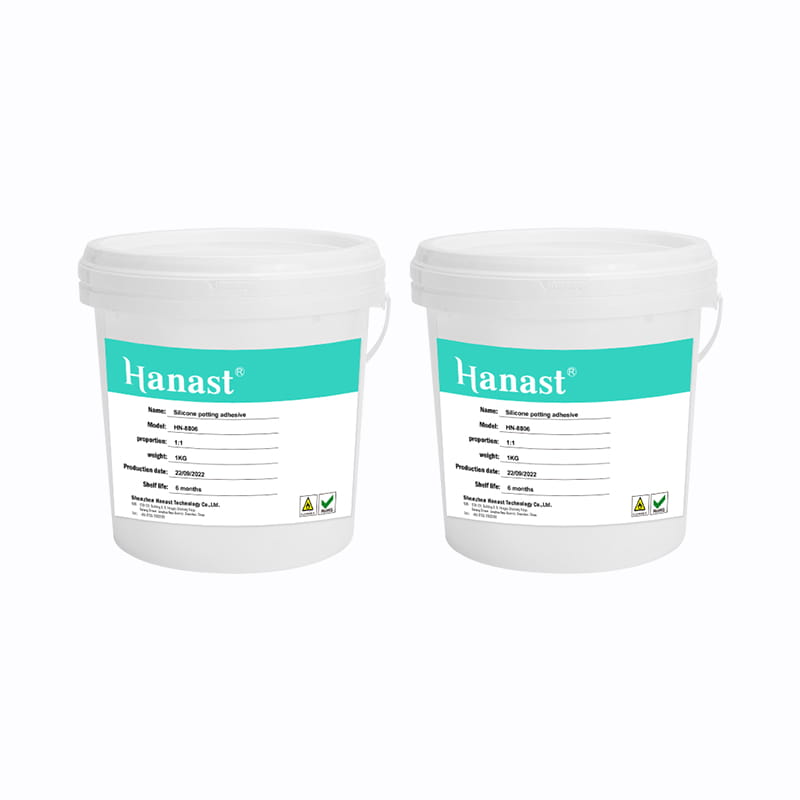Main factors in the vulcanization process of liquid silicone products
 Dec 07,2023
Dec 07,2023

 Hanast
Hanast
1. The first factor affecting the vulcanization process of liquid silicone products: vulcanization temperature
The vulcanization temperature of liquid silicone is the basic condition for the vulcanization reaction of silicone, which directly affects the vulcanization speed of silicone and the quality of products. Like all chemical reactions, the vulcanization reaction accelerates as the temperature increases, and more low-sulfur cross-links are easily generated. If the vulcanization temperature is low, the speed is slow, the generation efficiency is low, and more polysulfide cross-links are generated. The vulcanization temperature generally applies to Van't Hoff's law, that is, every time the temperature rises by 8 to 10 (approximately equivalent to the steam pressure of one gauge pressure), the reaction speed approximately doubles; or in other words, the reaction time is approximately reduced by half.
2. The second factor affecting the vulcanization process of liquid silicone products: vulcanization pressure
The vulcanization pressure of silicone sealing rings is an important factor in ensuring the geometric dimensions, structural density, and physical mechanics of rubber parts. It can also ensure that the surface of the parts is smooth and defect-free, meeting the sealing requirements of silicone products. The main functions are as follows:
1. Prevent bubbles from forming in the rubber compound during vulcanization and molding, and improve the density of the product;
2. Provide the driving force for the filling and flow of the rubber material so that the rubber material can fill the entire mold cavity within the specified time;
3. Improve the adhesion between rubber and clamps (cords, etc.) and the bending resistance of silicone products;
4. Improve the physical and mechanical properties of silicone products.




 Home
Home
 What products can be packaged with liquid silicone?
What products can be packaged with liquid silicone?  You May Also Like
You May Also Like







 Tel
Tel
 Email
Email
 Address
Address












